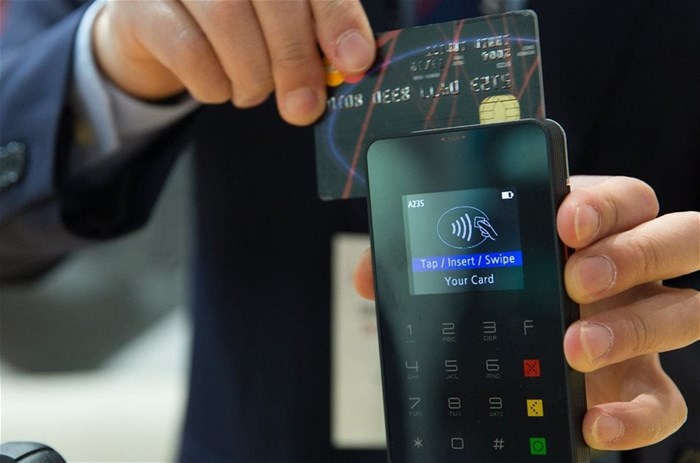
Top stories






More news










Logistics & Transport
Uganda plans new rail link to Tanzania for mineral export boost















A recent McKinsey study highlighted the value of customer-led CX transformation as essential to the ongoing success of global telcos and to meeting the changing customer expectations that have come to define the consumer market.
A separate study by PwC found that 54% of telecoms leaders say that improving the customer experience was their top transformation initiative for 2022.
Van Heerden says, while the African market is hugely diverse with distinct local differences across regions, there are some key fundamentals that every telco can pursue. “Investments into appropriate digital technologies will enable telcos to deliver scalable, flexible and localised services that meet customer expectations, drive profitability, and unlock new revenue streams.”
Based on her work with telcos throughout the continent delivering a range of digital tools designed to improve efficiencies, elevate customer experiences and drive revenue growth, van Heerden recommends advancements in three key areas, namely:
“One of the surest ways to ruin a customer experience is to make people wait in endless queues,” says van Heerden. "If people are regularly queued outside your service centre, chances are that your valuable customers may be looking to alternative providers to take the hassle out of what could be a simple process.”
Considering that a typical cashier operates up to 15 different systems at the point of sale to manage various customer transactions and services, the process of helping customers can quickly become excessively time-consuming.
Training of cashiers is essential to ensure they can assist customers in a timely manner, but even more critical is an intuitive and easy-to-use UX.
“Modern POS systems provide rich functionality and high levels of usability, allowing cashiers to complete transactions and service requests with minimal fuss and optimal speed. And as new services emerge, the POS can easily integrate and enable services to drive continuous value for telcos and their customers.”
To ease the integration of new services and simplify the interaction with customers when making various forms of transactions, operators need a flexible POS system that can scale up and down based on the telco’s requirements.
“Customers seek products and services based on their needs and socio-economic situation, which puts pressure on telcos to be flexible in the services they offer,” explains van Heerden.
“Many countries’ economies work on a multi-currency basis, so customers want to be able to pay in local currencies or US dollars, for example. In others, mobile money reigns supreme, so telcos need a one-stop POS system that enables transactions across a broad range of payment and service types.”
Just like its landscape and population, Africa's telco industry is rich in diversity. But this diversity requires that telco operators continue to localise their services to suit the unique intricacies of their markets.
“In Tanzania, for example, customers have an inherent distrust of digital technologies and want physical airtime vouchers and scratch cards,” says van Heerden. “Here, telco operators have to empower their resellers and agents with the tools and technologies to provide physical stores of value while also building trust in digital channels and their benefits.”
Van Heerden adds that language localisation is critical.
“In Benin and Cameroon, for example, service centre staff speak mostly French, while in Tanzania it's Swahili and in Eswatini it's Swazi. Operators need a POS system that can easily switch between local languages to ensure customers enjoy the best-quality experience when interacting with telco service centres.”